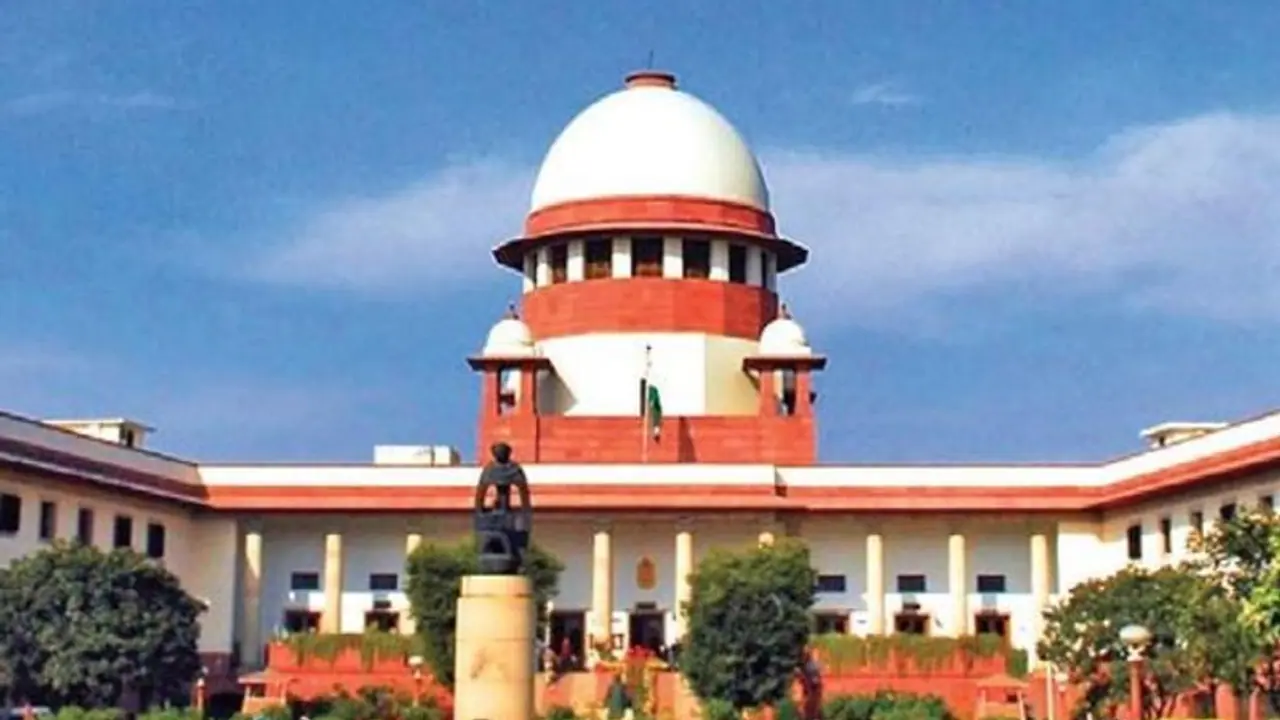The top court also refused to refer the Mandal judgement to a larger bench for reconsideration, saying it has been upheld time and again by its various verdicts.
New Delhi: The Supreme Court today cancelled the reservation in government jobs and educational institutions for the Maratha community brought in by Maharashtra in 2018, saying it exceeded the 50% cap imposed earlier.

A five-judge Constitution bench of Justices Ashok Bhushan, L Nageswara Rao, S Abdul Nazeer, Hemant Gupta and S Ravindra Bhat were unanimous on unconstitutionality of Maratha law and said that Maratha community cannot be declared as socially and educationally backward community to grant them reservation.
The top court also refused to refer the Mandal judgement to a larger bench for reconsideration, saying it has been upheld time and again by its various verdicts.
"States have no power to add any caste to socially economically backward caste list due to the amendment made by parliament," the Supreme Court observed. "States can only identify the castes and suggest to the Centre...Only President can add the caste to SEBC list guided by the National Backward Classes Commission."
The state government had framed the law on November 30, 2018 granting 16% quota for Marathas in government jobs and admission in educational institutions.
While upholding the law, Bombay High Court on June 27 last year directed the government brought it down to 12% for education and 13% for jobs as recommended by a state-appointed backward class commission headed by former HC judge M B Gaikwad.
Challenging the high court’s, the petitioners contended that the HC misread SC judgments to conclude that there is no stringent ceiling limit of 50% reservation as set out in the 1992 Indra Sawhney case.
"We find there are no extraordinary circumstances for exceeding the ceiling," said Justice Bhushan in his judgement.
However, the apex court clarified that this will not apply to students who have already been granted admission to postgraduate medical courses till September 9, 2020 on the basis of the Maratha reservation.
The court also said in its judgement that only the President can identify socially and economically backward classes (SEBC) and include them in the list for reservation.
The Centre, which supports the Maratha quota, argued that states can grant reservation and that the decision is constitutional.
"If there is no 50% or no limit, as you are suggesting, what is the concept of equality then. We will ultimately have to deal with it. What is your reflection on that...? What about the resultant inequality? How many generations will you continue?" In March this year, the bench told the Centre.
NOTE: Asianet News humbly requests everyone to wear masks, sanitize, maintain social distancing and get vaccinated as soon as eligible. Together we can and will break the chain #ANCares #IndiaFightsCorona
